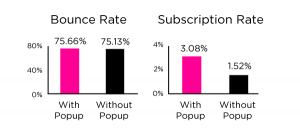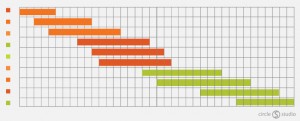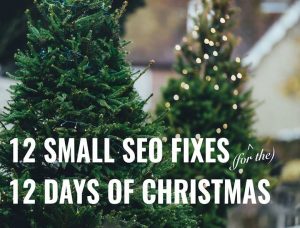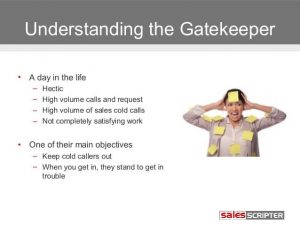How Much Is Customer Data Worth? A Microsoft, iProspect Study Looks To Pinpoint Value
Putting a value on consumer data is an ongoing effort. What it’s worth to marketers may be different from its value to aggregators, publishers and government agencies like public health and law enforcement.
The value lies in the exchange of information, according to a white paper from Microsoft and iProspect. It depends on what one party is willing to give up and what the other receives. Some 15% of customers feel they are getting good value from granting access to their data. They find free services and health records are valuable tradeoffs for private data access, but sharing personal data appears to decrease with age across all geographies.
Ironically, people may work to keep personal information private from others they come in contact with daily, but they are willing to share it with a business if the perceived value is high enough and if they trust that business to keep it private.
The white paper shares other key findings and insights gleaned from the analysis of the Consumer Privacy and Data Survey by Microsoft and iProspect.
The survey was conducted online by Toluna in December 2019 through January 2020, based on 23,867 responses from 16 countries across North America, South America, the European Union, Asia and Africa.
Building from the findings revealed in the Toluna survey, the duo used the online research tool AskSuzy to engage with an additional 2,000 U.S. consumers in February and March 2020 to gain a deeper understanding of consumer understanding and perception of the California Consumer Protection Act (CCPA) that went into effect January 2020.
Consumers still don’t completely understand how their personal data is used and protected. They have different tolerance levels about sharing it depending on their age, geographic location and experience. This prompts marketers to question the type of data they can legally collect, store and use.
Regardless of the industry, at least two-thirds of consumers don’t understand how their data is being used. Little or no understanding tops the list when asked.
- Media companies such as news and entertainment – 73%
- Retail – 71%
- Grocery stores – 69%
- Travel – 66%
- Government – 64%
- Insurance – 63%
- Financial – 60%
Roughly half of consumers don’t feel the benefits they receive are as valuable as their personal data.
- Government – 51.2%
- Media companies such as news and entertainment – 49.2%
- Retail – 46%
- Grocery stores – 45.6%
- Travel – 46.1%
- Financial – 49.5%
- Insurance – 47.1%
Survey results show that when an imbalance exists in the value exchange, it causes a disconnect between brands and consumers. In fact, 66.7% of survey respondents said they have little to no understanding of how their data is being used by companies and government agencies. When asked whether respondents provide personal information, 40% said they refused when asked because the company either didn’t disclose or they didn’t understand how the data was going to be used.
Consumers do understand the connection between data and their experience on a website or app, but feel companies should provide a positive experience regardless of the amount of data they share. In fact, 79% of people reported that they believe companies should provide the same experience on a website or app if they opt out of sharing their data as they do to individuals who opt in.
Some 79% said they believe opting out of sharing data should change the digital experience.
(20)
Report Post







